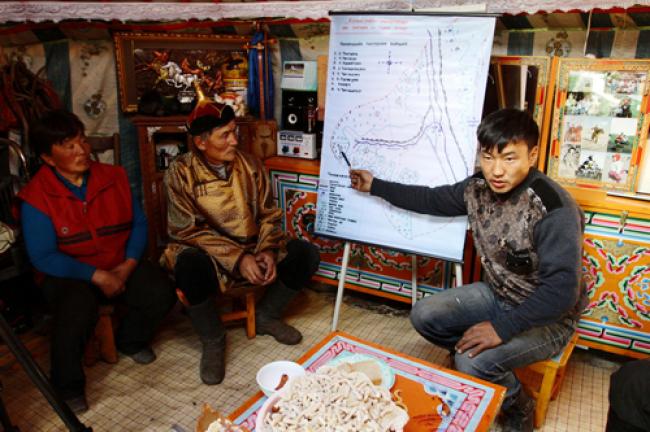26 Nov 2013, 09:24 am Print

“Forest producer organizations have been largely under-resourced and under-appreciated,” Eduardo Rojas-Briales, FAO Assistant Director-General for Forestry, told the International Conference on Forest Producer Organizations, which began on Monday in Guilin, China.
“Well-organized groups enable their members to have more bargaining power and get access to loans. Larger groups can lobby their members' interests and influence policies,” he said.
“In addition, through producer forest organizations smallholders can also strengthen the sustainable management of forests. Policy-makers should be more aware of these benefits and should support the creation of such organizations.”
Hundreds of millions of people depend on forests for their livelihoods, FAO pointed out in anews release. Despite these benefits, forest producer organizations, which are engaged in production of timber, non-wood products, handicrafts and medicinal plants, are not yet as common or well-recognized as similar groups in agriculture.
Farmers, especially indigenous peoples, smallholders, women and family farmers, benefit from managing forests as it enables them to diversify their income sources and offset the potential risks of relying solely on crops, the agency stated.
“When local people are given clear, fair and transparent rights to manage forests and to obtain economic benefits from them, they are more likely to make the long-term investments that forestry requires,” FAO said, adding that where they are confident that rights are safeguarded, local people can maintain and increase their traditional efforts to preserve forests.
The agency also stressed that women should have equal rights as producers, beneficiaries and decision-makers, and where this is not the case, forest producer organizations can have an important role in lobbying for change.
During the conference, which ends on Thursday, FAO launched a new report presenting a range of successful examples of forest producer organizations. One example is groups of tree planters in Guatemala that have cut out the middlemen who until recently took most of their profit. They now deal directly with large companies and receive more income from their sales.
Producer forest organizations can give their members better access to markets and a voice in policy development. Photo: FAO/Sean Gallagher
- Shocking! Pakistanis spend two-thirds of their income on food and power—Remittances are now lifeline
- SoftBank goes all in on OpenAI, takes 11% stake after $22.5 billion infusion
- World’s top 100 weapons makers hit record $679 billion in 2024
- Asia on the move: Why millions are being driven out by job crises and failing services
- Why Personal Loans are Gaining Popularity Among Millennials?





-1763561110.jpg)
